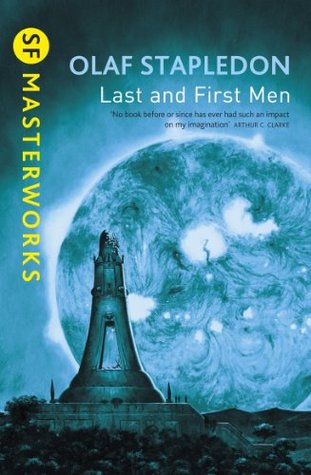Now We Try It My Way reviewed Last and First Men by Olaf Stapledon
Interesting as an excercise in SciFi history, less so as a SciFi book for the modern reader
3 stars
Looking back into the past, its easy to think of technological and social development as 'obvious'. But in the same way this is just a result of our present perspective and in the same way we are unable to know future shifts in paradigms, counting the things that any author got right or wrong about the future is a futile endeavour. Stapledons book is a great read for anyone interested in the paradigms of his time, and how people imagined the far future without computers or the perspective of humanity spreading through the universe. One very interesting aspect that might not be elusive is that Stapledon very, VERY rarely explains history through the actions of individual actors. And when he does, he makes it clear that that individual is either the product of its environment or has fertile ground for changing history. Still, with no characters to follow, it can …
Looking back into the past, its easy to think of technological and social development as 'obvious'. But in the same way this is just a result of our present perspective and in the same way we are unable to know future shifts in paradigms, counting the things that any author got right or wrong about the future is a futile endeavour. Stapledons book is a great read for anyone interested in the paradigms of his time, and how people imagined the far future without computers or the perspective of humanity spreading through the universe. One very interesting aspect that might not be elusive is that Stapledon very, VERY rarely explains history through the actions of individual actors. And when he does, he makes it clear that that individual is either the product of its environment or has fertile ground for changing history. Still, with no characters to follow, it can become a bit slow. That and the cyclical nature of Stapledons story probably makes it a rather boring read for most readers.

